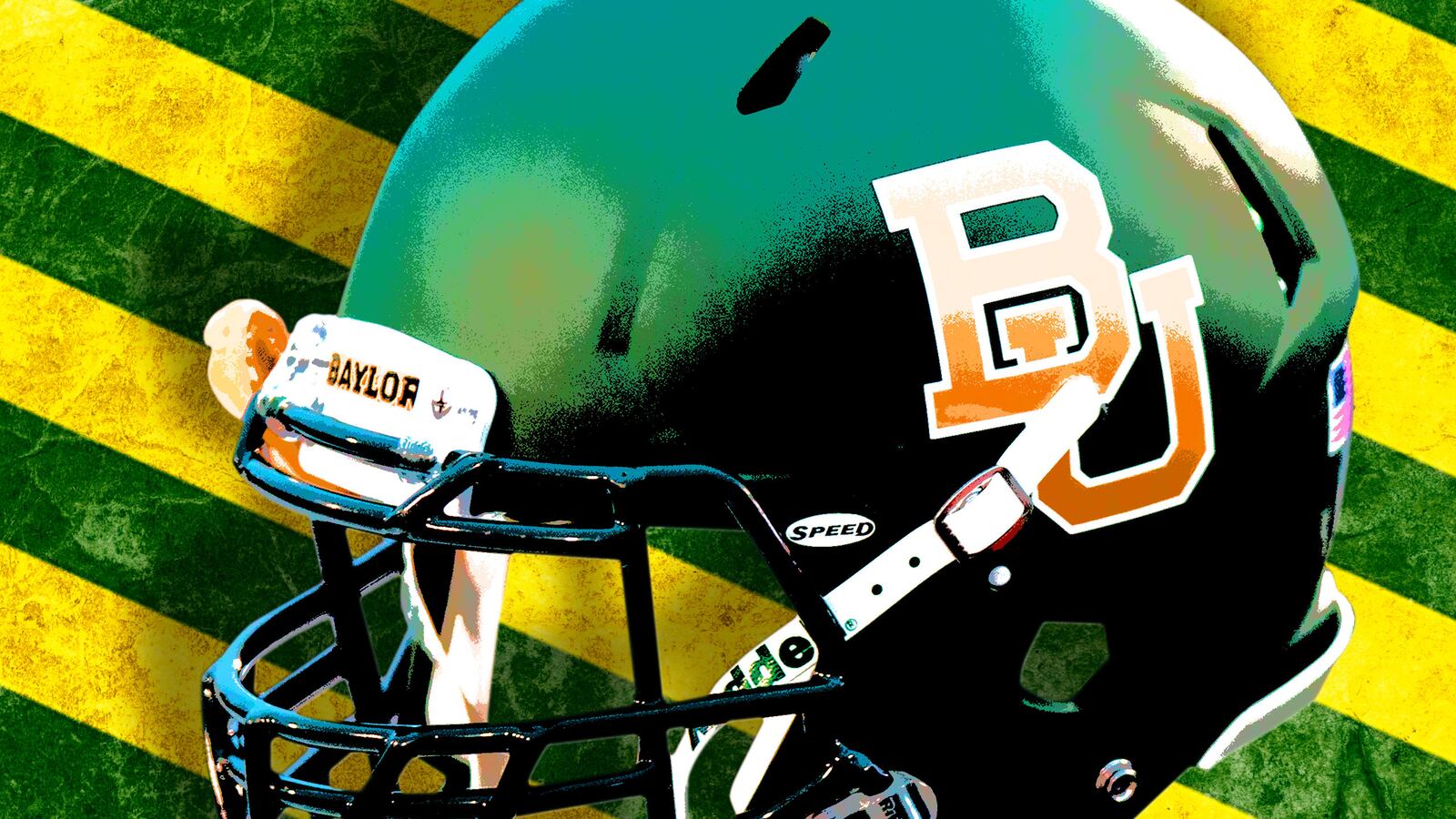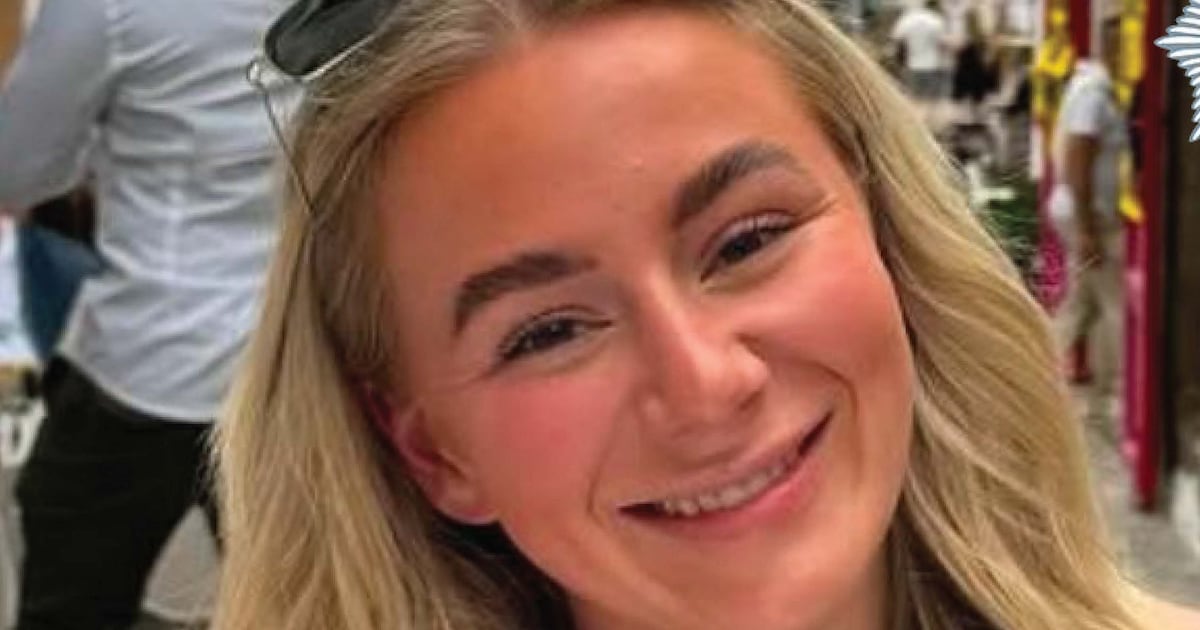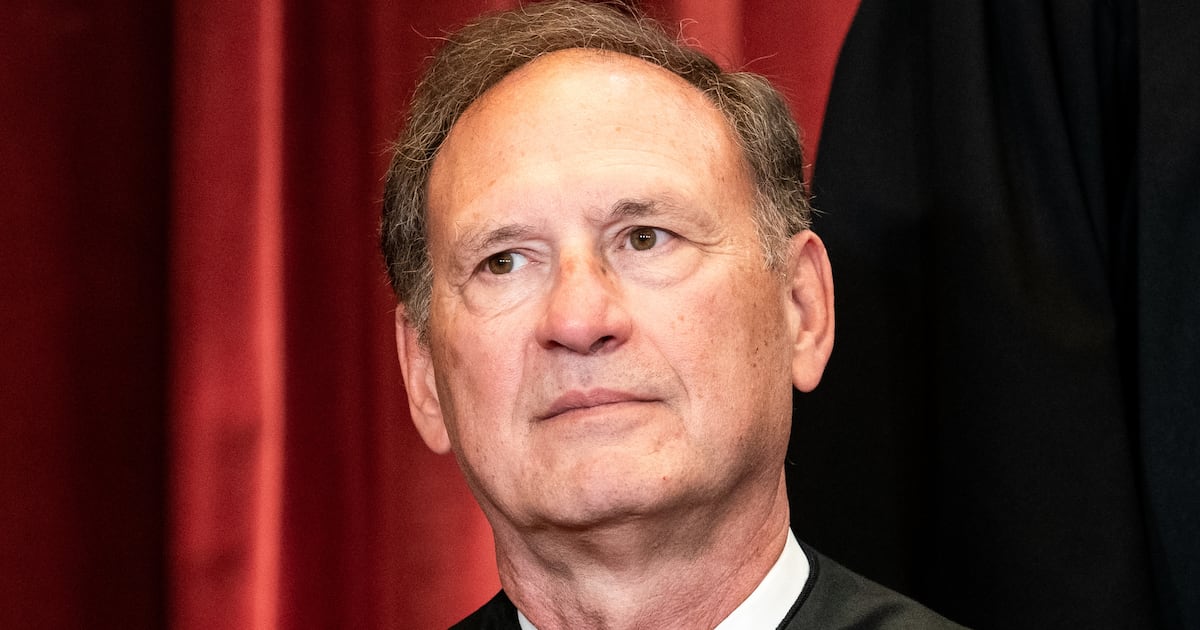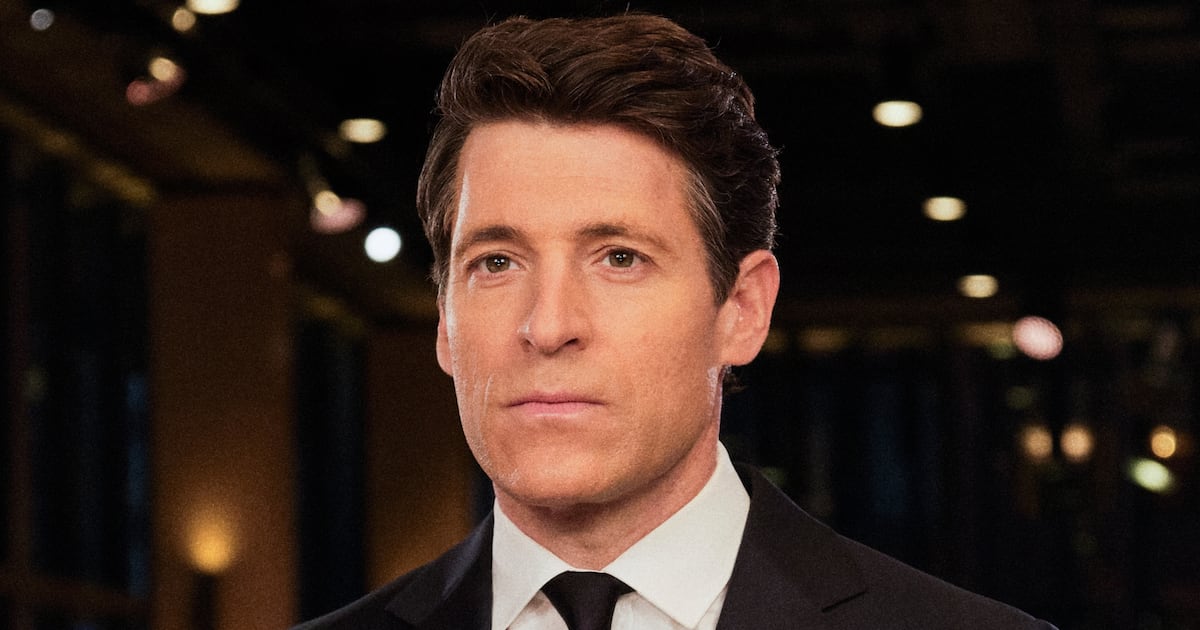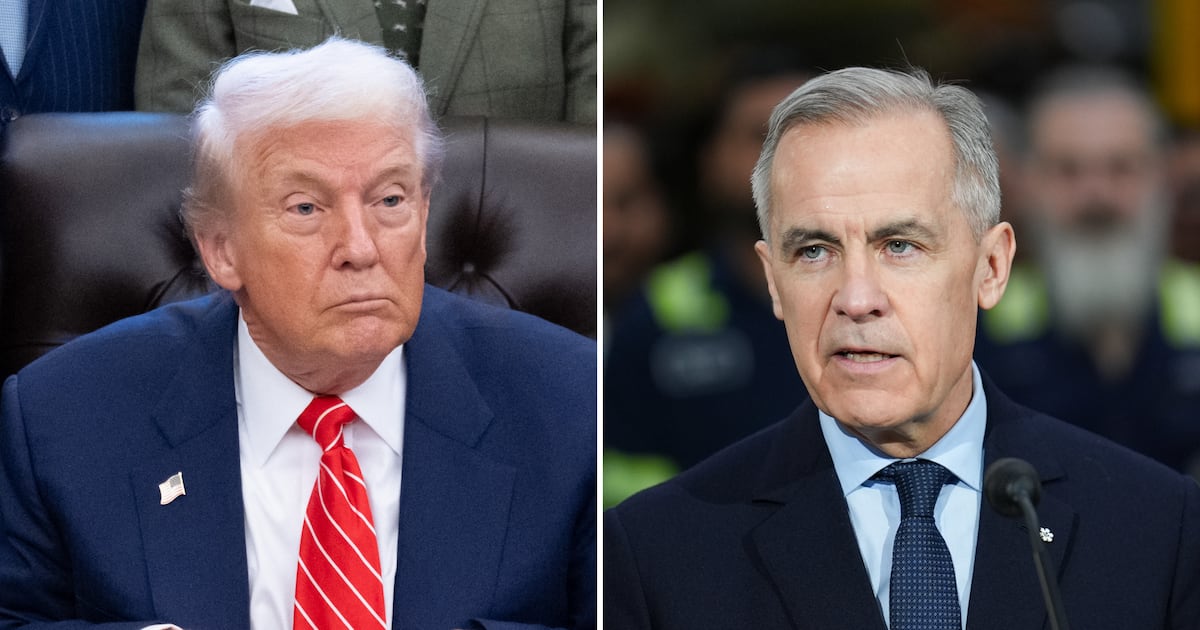Baylor University women’s basketball coach Kim Mulkey last weekend came under fire when she complained about the media’s incessant coverage of the school’s sexual assault scandal: “It’s over, it’s done.”
Well, it’s not. In fact, state investigators have now joined federal authorities in digging into how the university handled a years-long abuse scandal involving at least 125 female victims—and another football player this week was accused of breaking his girlfriend’s finger.
The Texas Rangers, the state’s lead investigative agency, announced on Wednesday that it had launched “a preliminary investigation” into Baylor’s handling of the scandal after a Texas legislator voiced concerns that the university may still be covering up the full scope of the assaults.
The NCAA and the U.S. Department of Education are also conducting independent investigations into the scandal. State Rep. Roland Gutierrez has even called for a “sizable reduction” in state funding for the school “until a thorough investigation is completed, full accountability is realized and concrete measures are in place to make certain that nothing like this ever happens again at Baylor.”
The Baptist university’s rampant assault problem was arguably first thrust into the public eye when football player Sam Ukwuachu was convicted of raping another student in 2015. During trial testimony, it became clear that Baylor independently investigated the allegations against Ukwuachu but took no punitive action toward him other than suspending him from the football team.
The aftermath of Ukwuachu’s original trial—when he was sentenced to only 6 months in prison—led to a stunning report by Philadelphia law firm Pepper Hamilton that found a “fundamental failure” by the school to obey Title IX laws in protecting female students and a belief that the football program was “above the rules.” Investigators for the firm wrote that few students accused of sexual violence were ever punished and, at times, administrators engaged in retaliation or victim blaming.
The fallout sparked the ouster of university president Ken Starr, football coach Art Briles and athletic director Ian McCaw, among others.
Baylor spokeswoman Lori Fogleman said in a statement that Baylor has implemented 80 of 105 policy changes on campus that resulted from the Pepper Hamilton investigation. She said on Thursday that the university has pledged to “extend our full cooperation with the Texas Rangers surrounding the issue of sexual assaults that occurred within our campus community several years ago, as we have done with other external inquiries that are currently underway.”
But only the summary, not the full contents, of the Pepper Hamilton report was released—a move that was widely criticized. Since then, more damning information has surfaced in drips and drabs, leading many to question whether there is more to the story than the school is letting on.
The Big 12 Conference announced earlier this month that it will withhold money from the university until it independently verified that the school’s internal response to the scandal is as comprehensive as it claims, and Baylor’s accrediting agency has issued a one-year warning to the university.
Title IX investigators descended on the school Thursday to continue the federal investigation into whether the university violated civil rights law. The probe into the school’s compliance was opened by former Baylor Title IX Coordinator Patty Crawford, who claimed that—even after the Pepper Hamilton report was released—she didn’t have the “authority, resources or independence” to do her job. The school has repeatedly denied her claims.
In October, the university’s regents told the Wall Street Journal that at least 17 women reported sexual or domestic assaults perpetrated by 19 football players, including four alleged gang rapes, since 2011.
A new suit filed in January claimed that, in the span of three years, 31 Baylor football players committed at least 52 acts of rape. That tally includes the accusation of at least five gang rapes. Colorado attorney John Clune is representing the woman, identified in the suit as Elizabeth Doe.
“As hard as the events at Baylor have been for people to hear, what went on there was much worse than has been reported,” Clune said in a statement.
While investigations comb over the extent of Baylor’s wrongdoing and recovery, new controversies continue to pop up.
This week alone, another football player has been suspended over physical abuse allegations, a Baylor seminary student was arrested for allegedly sexually assaulting a 13-year-old, and former football coach Art Briles made national headlines when he spoke out against Baylor’s handling of the scandal.
And Ukwuachu’s case, which started it all, is before an appeals court right now, where his attorneys argued on Wednesday that the former player deserves a new trial.
Baylor announced on Tuesday that 22-year-old senior and defensive back end Travon Blanchard was suspended from play after he was named in a protective order by an ex-girlfriend who claimed he broke one of her fingers, verbally abused her, and threw her on the ground, according to an affidavit.
According to the document, he even abused her one time by slamming her “similar to a football tackle,” and when she tried to break up with Blanchard, he damaged her property and put a “joker card, otherwise known as the killer card, on her car” as a warning.
Baylor athletics spokesman David Kaye told The Daily Beast that Blanchard was suspended on Feb. 7, as soon as the department was informed of the situation by the McLennan County District Attorney’s Office, where the victim filed a complaint. Blanchard is suspended “indefinitely from all team-related activities, pending the outcome of the investigation.”
Michelle Tuegel, Blanchard’s attorney, said they were independently investigating the claims made in the affidavit. “It is important that people not rush to judgment in this situation,” Tuegel wrote. “Travon is hopeful that this matter will be resolved and that he will have the opportunity to move forward as a student and as an athlete.”
Former beloved football coach Art Briles penned a letter on Wednesday afternoon, seemingly in response to a court filing reported earlier this month that claimed he repeatedly tried to shield his players from prosecution. Documents with texts and other communiques allege the once-revered figurehead created a “see-no-evil, report-no-evil” culture in the years before he was fired.
“Let me be clear,” Briles wrote. “I did not cover up sexual violence…I hope and pray that at some point, those feeding this disinformation will stop, and full disclosure rather than messaging misdirection will take place. It’s long overdue.”
Baylor spokeswoman Lori Fogleman told the Texas Tribune last week that the school “took unprecedented corrective actions that led to leadership changes within the university administration and athletic department.”
She added, “No other university in the country has responded as aggressively and decisively as Baylor regarding incidents of sexual assaults on campus.”
By the end of the week, it was clear that Mulkey regretted her words on Saturday. In a tearful Thursday evening apology, Mulkey said, “My heart goes out for those victims. How could [it] not be? I have a daughter and all of those girls in that locker room.… One crime against anyone is too many.”
“It all got the best of me, because I love this place,” she continued. “A lot of bad things happened here, but I’ve always thought about the victims.”

